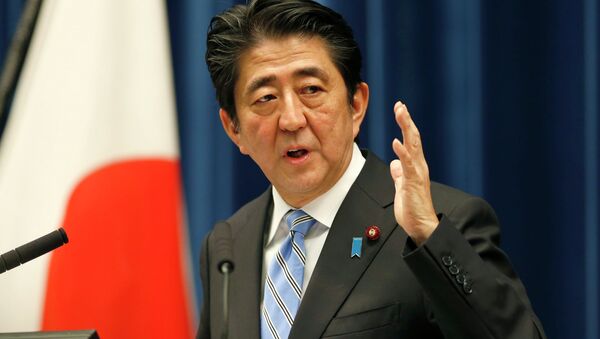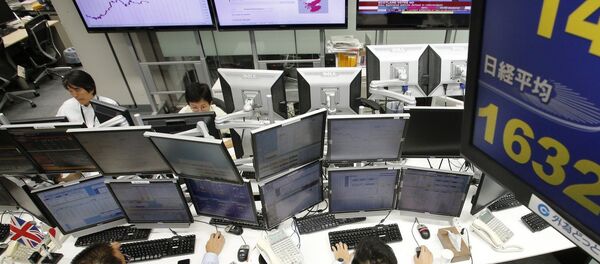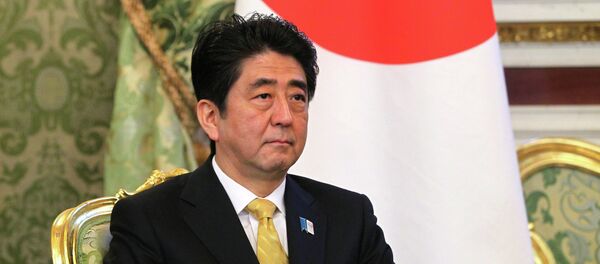Abe was backed by 358 votes of the lower chamber with 73 parliamentarians voting in opposition to candidate Katsuya Okada, according to local media. Prior to the House of Representatives voting, Abe's Liberal Democratic Party (LDP) won elections in the House of Councillors, the upper house of the National Diet, the Japanese parliament.
In accordance with the Constitution of Japan, the lower house has the final say in the election of a prime minister. This vote has officially confirmed Abe's reappointment.
At mid-December snap parliamentary elections, the LDP, headed by Shinzo Abe, swept the election. The ruling coalition of the LDP and its partner Komeito party won 326 out of 475 member seats.
Later on Wednesday, the members of the cabinet and the prime minister will participate in an approval ceremony of the government by the Emperor of Japan, Akihito.
With this victory, the LDP has extended its term of office for another four years. Its political leader Shinzo Abe is expected to continue his current economic policy, a set of reforms commonly referred to as Abenomics, to boost Japan's economy.
Shinzo Abe, 60, served for a year as prime minister from 2006 to 2007 and was re-elected to the position in December 2012.





